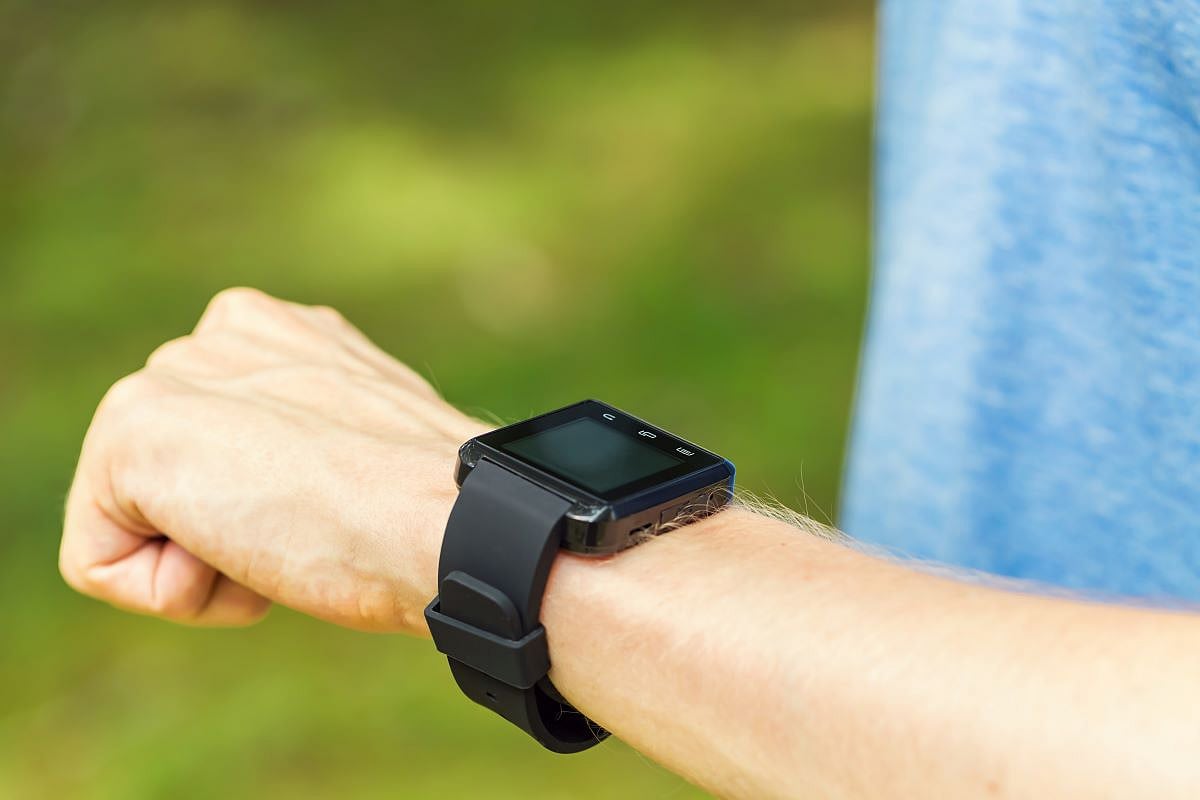Heart rate variability, heart rate, resting heart rate, steps, and oxygenation altered up to seven weeks before flares
By Elana Gotkine HealthDay Reporter
FRIDAY, Jan. 24, 2025 (HealthDay News) — Physiological metrics from wearable devices can help identify inflammatory bowel disease (IBD) flares, according to a study published online Jan. 16 in Gastroenterology.
Robert P. Hirten, M.D., from the Icahn School of Medicine at Mount Sinai in New York City, and colleagues examined the predictive abilities of physiological metrics, measured using wearable devices in patients with IBD. A total of 309 patients were enrolled across 36 states.
The researchers found significant differences in circadian patterns of heart rate variability between periods of inflammatory flare and remission and between symptomatic flare and remission. During periods of inflammatory flare and symptomatic flare, marginal means for longitudinal heart rate and resting heart rate were higher. During inflammatory flares, lower daily steps were recorded. Heart rate variability, heart rate, and resting heart rate could establish the presence of inflammation among patients with symptoms. Up to seven weeks prior to inflammatory and symptomatic flares, heart rate variability, heart rate, resting heart rate, steps, and oxygenation were significantly altered.
“These findings open the door to leveraging wearable technology for health monitoring and disease management in innovative ways we haven’t previously considered,” Hirten said in a statement. “Our hope is that, in the future, this approach will significantly enhance the quality of life of our patients.”
Several authors disclosed ties to the pharmaceutical industry.
Copyright © 2025 HealthDay. All rights reserved.








